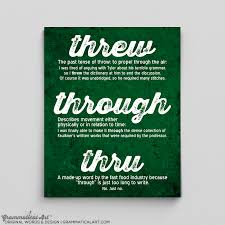GENERAL GRAMMAR EXERCISE (INTERMEDIATE LEVEL)
Complete the
following sentences using an appropriate word or phrase.
1. The older
I get, ……………… I am.
a) the happy
b) the happier
c) happier
d) happy
b) the happier
c) happier
d) happy
2. Your
accent is ………………… in the class.
a) worst
b) the worst
c) worse
b) the worst
c) worse
3. I stayed
an extra night so that I …………………. see Ann.
a) can
b) could
c) may
b) could
c) may
4. While I
………………. a shower, I slipped on the floor.
a) am having
b) was having
c) had
b) was having
c) had
5. The man
…………………. she married was an old friend of mine.
a) that
b) whom
c) Either could be used here
b) whom
c) Either could be used here
6. The house
……………….. I live is very small.
a) that
b) where
b) where
c) Either
could be used here
7. There is
the girl ……………….. works with my sister.
a) who
b) whom
c) Either could be used here
b) whom
c) Either could be used here
8. The road
is getting …………………….
a) more
steep and more steep
b) steeper and steeper
c) more and more steep
b) steeper and steeper
c) more and more steep
9. I have
got …………………. than I used to have.
a) less
energy
b) lesser energy
c) least energy
b) lesser energy
c) least energy
10. She
likes music, and ………………..
a) so I
b) so do I
c) I so
b) so do I
c) I so
Answers
1. The older
I get, the happier I am.
2. Your
accent is the worst in the class.
3. I stayed
an extra night so that I could see Ann.
4. While I was having
a shower, I slipped on the floor.
5. The man that/
whom she married was an old friend of mine.
6. The house where I
live is very small.
7. There is
the girl who works with my sister.
8. The road
is getting steeper and steeper / more and more steep.
9. I have
got less energy than I used to have.
10. She
likes music, and so do I.













